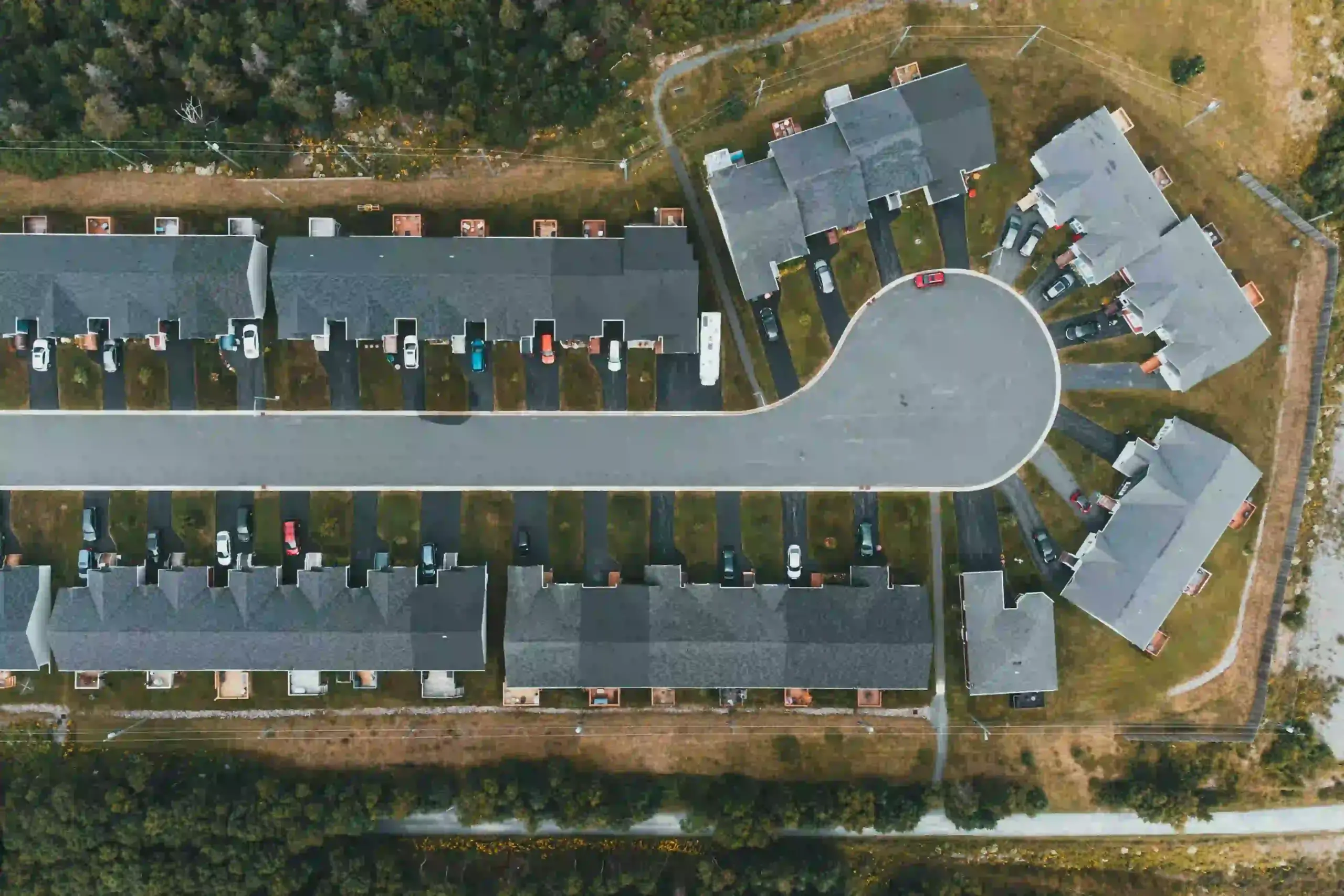Association
The Basics of HOA Living
February 15, 2023
- You want to live where?
It is all too common to fall in love with a home without taking the location into consideration. It’s worthwhile to visit the surrounding area of your potential home at various times of day to avoid any surprises later. Did you notice the all-night gas station or noise pollution? The condition and price of your home will change – the one thing you can’t change is where it’s located.Turn a critical eye on the neighborhood. Are the homes and yards well maintained? Is the front entrance pleasant and in good repair? Are the play structures or pool inviting? If so, you can be certain that your association fees will be properly utilized and that the management company is actively involved in the community. - Let’s talk amenities
Club houses, fitness centers, play structures and pools are amenities that enhance the experience of the residents and can raise the value of your home. The money to maintain and repair these are funded by the association fees whether it’s annual, quarterly or monthly. The value of the amenities will depend on how often you actually use these versus the amount that it is regularly costing you. The actual costs for regular maintenance are factored into your fee in addition to the long term costs to replace the club house roof or resurface the pool. - How much is this going to cost me?
The operating costs of the community from the entrance gate to the manicured common areas and pool, as well as any personnel or maintenance costs, are included in the annual budget. The board, along with the management company, creates a budget prior to the beginning of each year that estimates all the anticipated costs to operate, maintain and repair the commonly shared areas of the community. The budget can increase on an annual basis which will reflect an increase in the annual fee.Each owner pays a portion of this annual cost. In homeowner associations, the total annual cost is equally divided by the number of homes in the community. In condominium associations, the cost to each homeowner may be an equal amount or may be calculated based on the square footage of the specific home. You may request a copy of the budget to determine what your annual fee will be for that year.Special assessments are additional fees that can be levied by the board to pay for emergency repairs or large capital improvements when there is not enough money in the budget to cover the impending expense. This cost is equally divided among each homeowner. Before purchasing a home, it is wise to inquire if there is a current or planned special assessment for the fiscal year. - You mean there are rules?
Single family, townhome and condominium associations all have community standards that are enforced through the Covenants, Conditions and Restrictions – commonly referred to as CCRs. These can be found in the Declaration as well as additional documents such as the Rules and Regulations. It is important to know what actions will not be allowed within the community. The CCRs as well as any additional rules or regulations are intended to keep the community in order and good condition, which affects the curb appeal and retail value of your home. Many associations impose fines to enforce these rules and discourage violations. Fine amounts can vary depending on the violation and can escalate for multiple violations. - Governing What?
Each Association will have a set of Governing Documents that will contain the Articles of Incorporation, Bylaws and Declaration. There may be additional recorded documents such as amendments, plat maps or the Rules and Regulations.- The Articles of Incorporation create the Association with the official name and address as well as the original officers.
- The Bylaws are essentially the rules for the Board of Directors which authorize what the Directors can do and how it should be accomplished.
- The Declaration contains the information about the Association and provides the responsibilities and restrictions required to live within the community.
- Rules and Regulations are additional restrictions that can be created by the Board to assist in governing the community. It is important to be aware of these, as Associations may impose fines ranging from $15 to $100 for violations. Many communities also have parking restrictions that are enforced by towing.
- I like what I see! How do I get started?
Once you have a contract to purchase and the home is in escrow, your lender may require an estoppel letter or condominium questionnaire.- An estoppel letter states the seller’s annual fees for the Association and indicates if the seller has paid in full or has fees due at the time of sale. It should also disclose if there is a special assessment or active litigation.
- A condo questionnaire is a document lenders may require offering evidence that the Association complies with the lender’s underwriting prerequisites.
These documents each have a separate cost and may be ordered from the association’s management company. As these documents are time sensitive, management must respond within 10 working days of the request.
- Do I have to be approved to buy?
Some Associations have authority to approve all owners and renters prior to the closing of a sale or signing of a lease. These communities generally perform background checks for any resident 18 or older. The management company will provide an application that must be completed and submitted with payment for this process. Once the application and payment are received, the background check will commence and take a few days to complete. The Board will then receive the results and may contact the prospective resident for an interview to address any questions. - Have a realistic time frame for hassle-free closing
Keep in mind that the management company is a third party that works on behalf of the Association, not the realtor. The process required for your particular community may take
several days to complete. The Board of Directors are volunteers and perform their required duties on their own time. Address your concerns in the beginning and choose a closing date that allows enough time for these processes to be completed.
If you’d like to learn more about Signature Management and what we can do for your community, please contact us.



